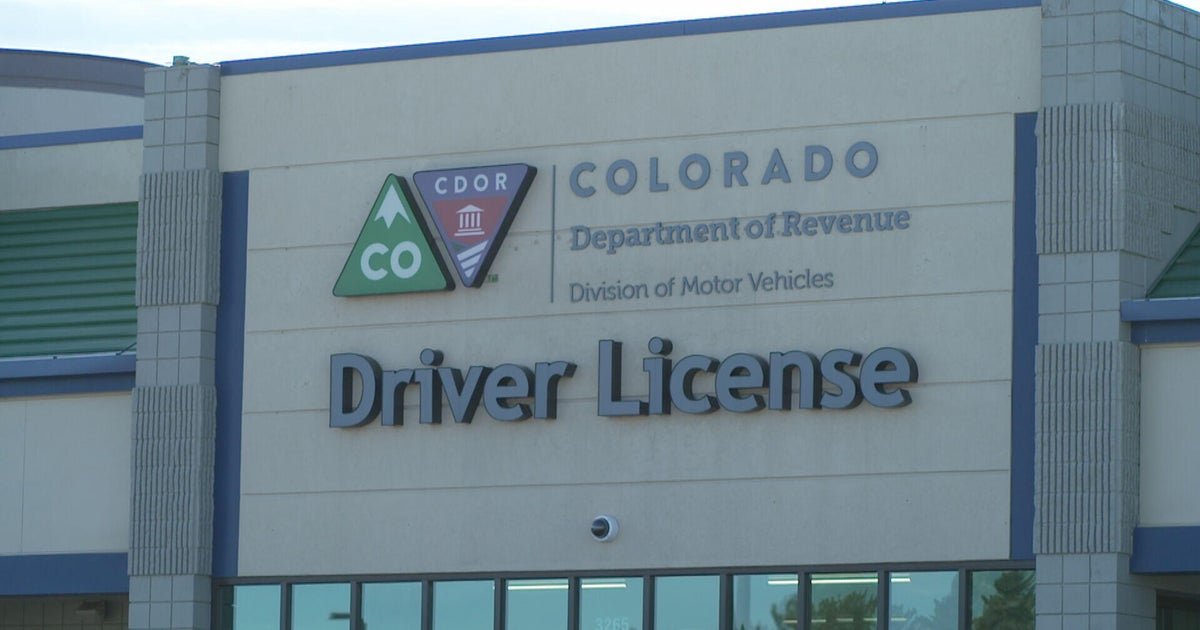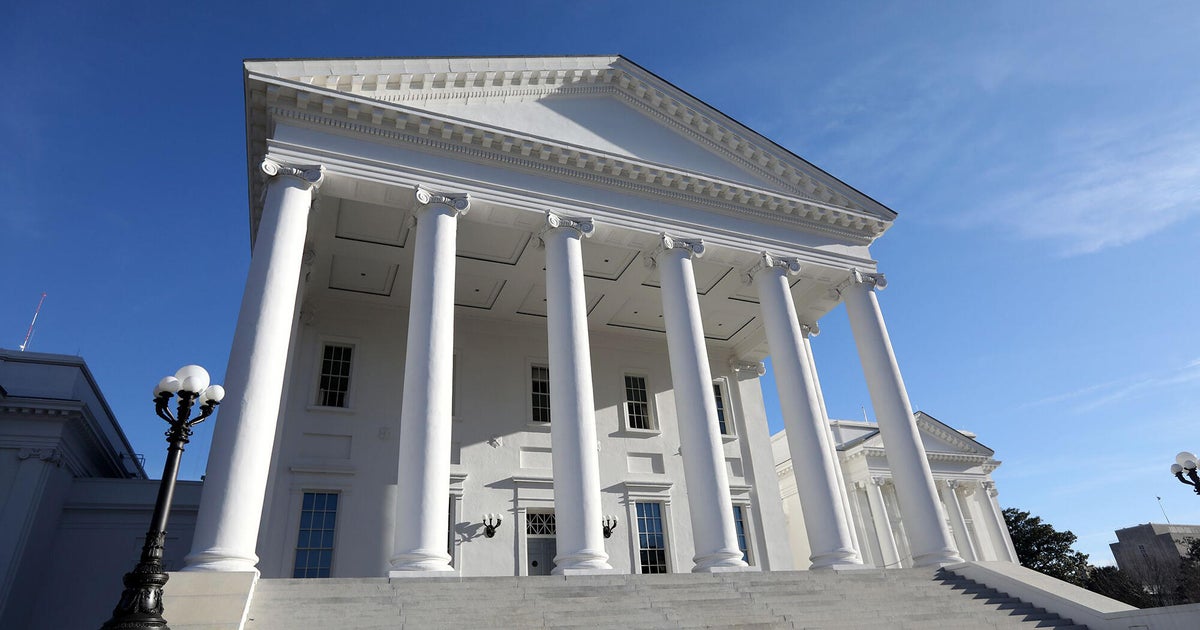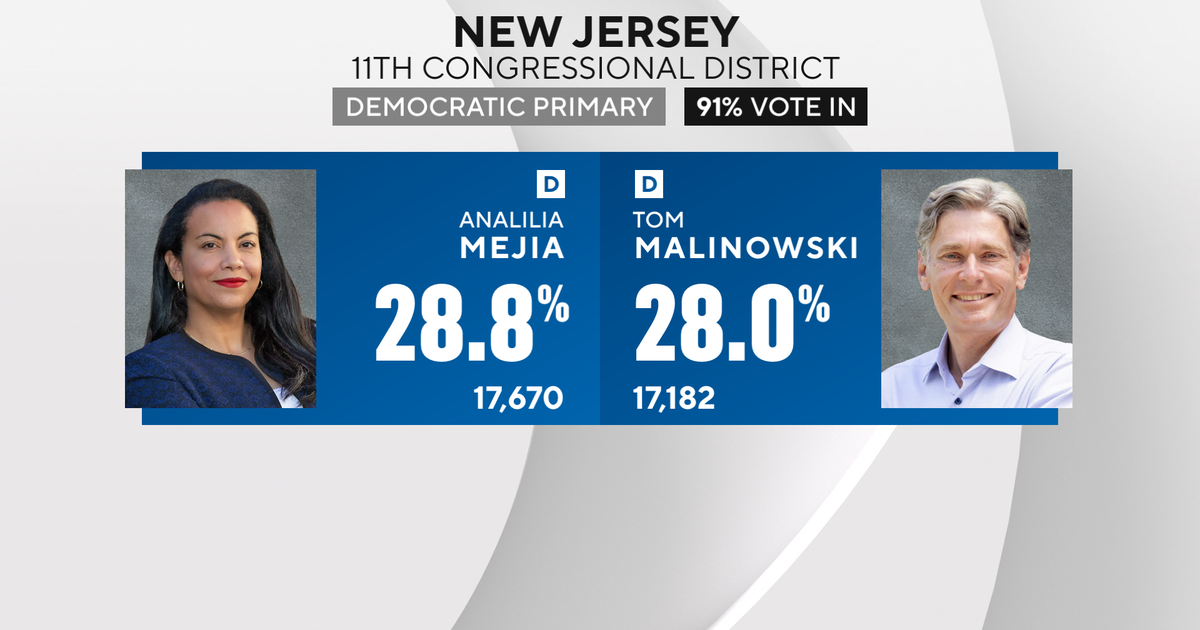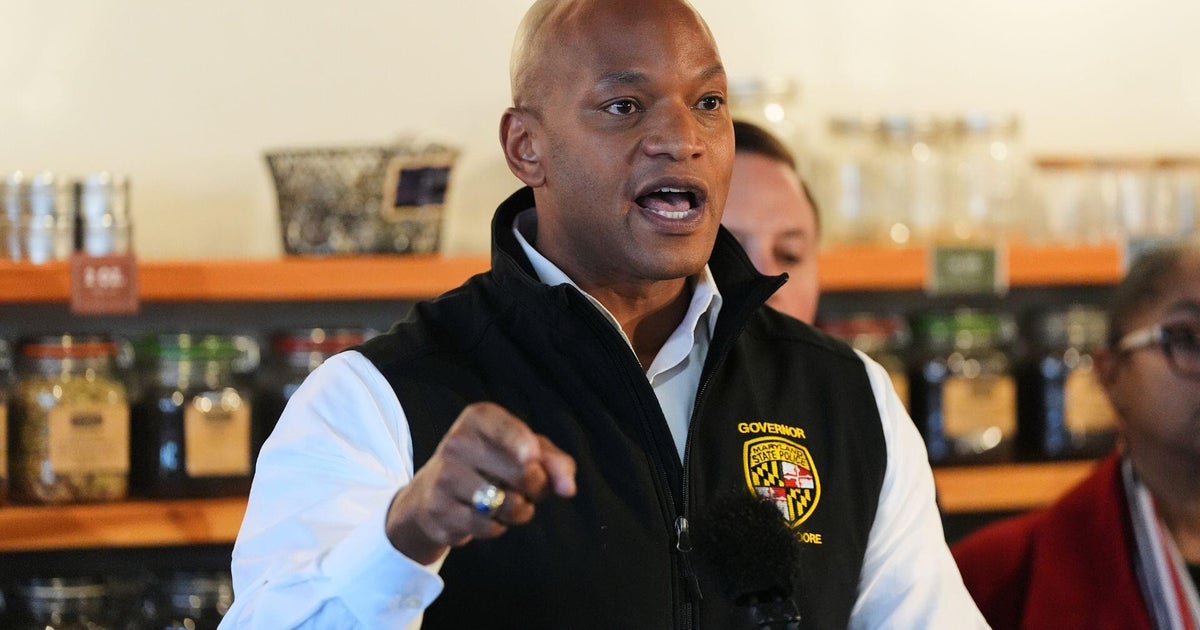Popular Vote/Electoral Vote Split Possible In 2012
MIAMI (CBSMiami) – With multiple states in play and an extremely small margin separating the candidates nationally, it's possible that the 2012 election could see one candidate win the popular vote and another win the Electoral College and ultimately the presidency.
The Electoral College was put into place in the U.S. Constitution in Article 2, Section 1. The EC gives each state a number of electors for president based on the state's Congressional and Senate representation.
For example, Florida has 29 Electoral College votes because of the state's 27 Congressional members and two Senators. The Electoral College system was meant to serve as a protection for small states against larger states.
Generally, in most states, if a candidate wins the statewide popular vote, he/she takes all of the Electoral College votes from that state. However, it is possible an Electoral College member could change their vote, though highly unlikely it has happened in the past.
If for some reason, the election ends in a tie or neither candidate received the 270 electoral votes needed to win the presidency, the election is kicked over to the House of Representatives. Each state would receive one vote and Congress would pick the president.
It's also possible, under the law, that the Senate could pick the Vice-President under the 12th Amendment, though this is very rare. In fact, it's happened just once in the history of the U.S., in 1836 when Richard Johnson was selected by the Senate to be Martin Van Buren's Vice President.
Historically, there have been occurrences of a candidate winning the popular vote, but not becoming president.
In 1876, Samuel Tilden won the popular vote by almost a quarter million votes, but Rutherford B. Hayes won the Electoral College. The same thing happened 12 years later when Democrat Grover Cleveland won the popular vote by 90,000 votes, but lost the Electoral college to Benjamin Harrison.
And of course the most recent example of the phenomenon was in 2000 when George W. Bush won the hotly contested 2000 election over then-Vice President Al Gore. In 2000, Bush won thanks to Florida's Electoral College votes after winning the state by just 537 votes.
This year, Mitt Romney is behind in the overall Electoral College of states likely to go to each candidate. But, the swing states of Ohio, Virginia, Florida, Iowa, Colorado, and Nevada are the states that will decide the election.
Romney would need a sweep of all of those states to likely win the presidency. Currently, he is tied in the polls in Virginia and Florida and losing in Ohio, Iowa, and Nevada. No Republican has ever won the presidency without winning Ohio, which is considered the key swing state in 2012.







